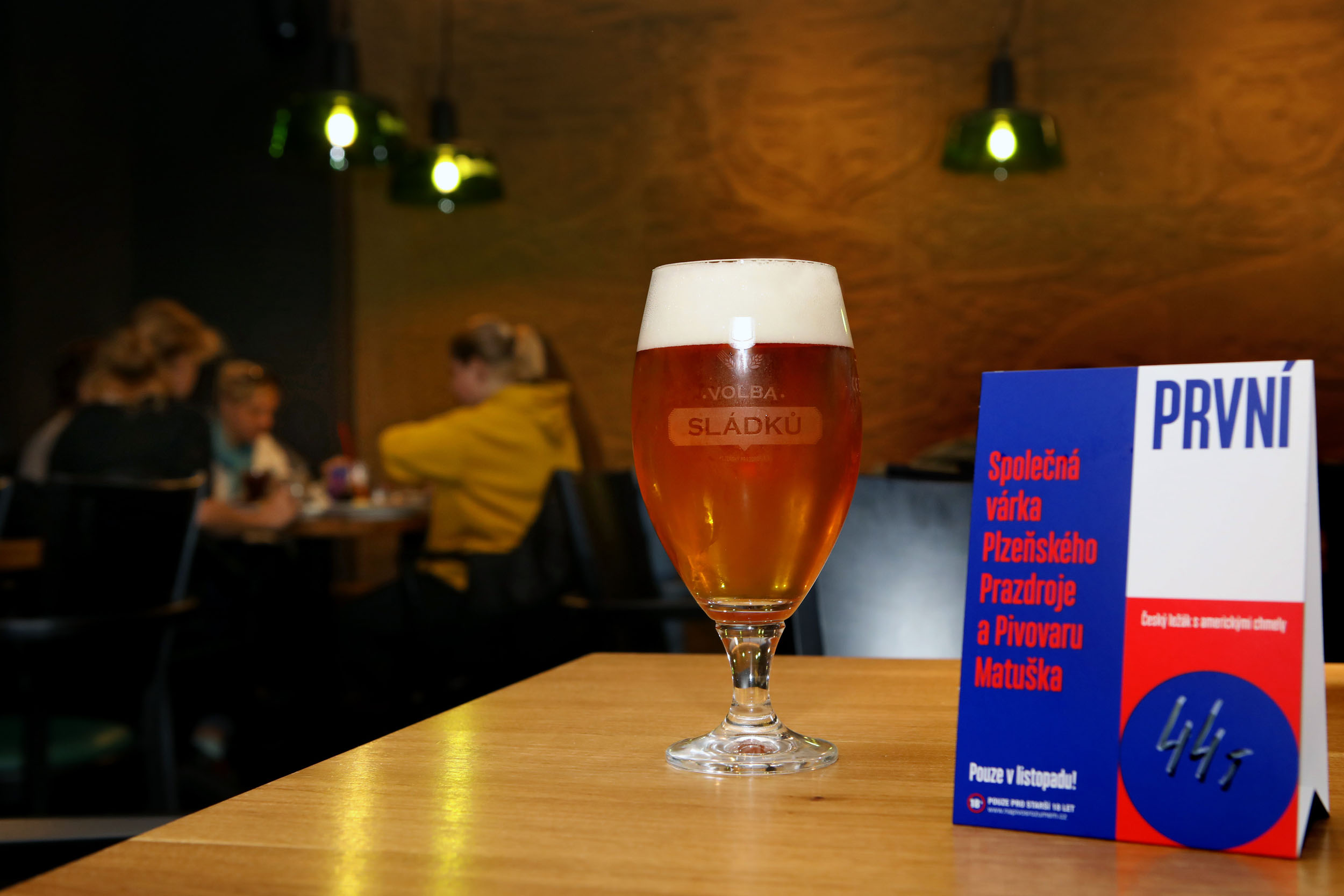Xilinat - a sugar substitute made of brewer's spent grain – won Asahi Lead 2030 Sustainability Challenge.
Asahi is a proud partner of LEAD 2030, an international project that sustains youth-led initiatives aimed to help the achievement of the UN Sustainable Development Goals (SDGs) by 2030. In this context, we kicked off a challenge focusing on Climate action (SDG 13) and farmers – some of our key stakeholders. Practising sustainable agriculture and enabling farmers to adapt to climate change is no small task. Hence, we are always on the lookout for the best initiatives in this area. We were thrilled to discover a high-potential idea in North America.
Xilinat is a start-up from Mexico founded by Javier Larragoiti and his team. Every year, in the Mexican rural communities, there are millions of tons of agricultural waste incinerated, constituting 40% of CO2 emissions in those zones. Xilinat found a way to prevent farmers from incinerating the waste by converting it into a useful product. Through a patented biotechnological process, agricultural waste is transformed into a unique, natural, healthier-option sugar substitute.
The product bears the same name as the start-up – Xilinat – and it looks and tastes like sugar. But it is low on calories, can be consumed by diabetics, and it does not affect teeth as the regular sugar. It is a product that can help local farmers financially while offering a lower-calorie alternative to sugar and reducing the risk of obesity and diabetes.
We selected Xilinat from more than 240 projects, awarding his creator 50,000 USD to fine-tune further his work, which will be overseen by mentors and experts at Asahi.
We are hopeful that this project has a bright future, and it contributes to a better future for the people in Mexico and the planet.








